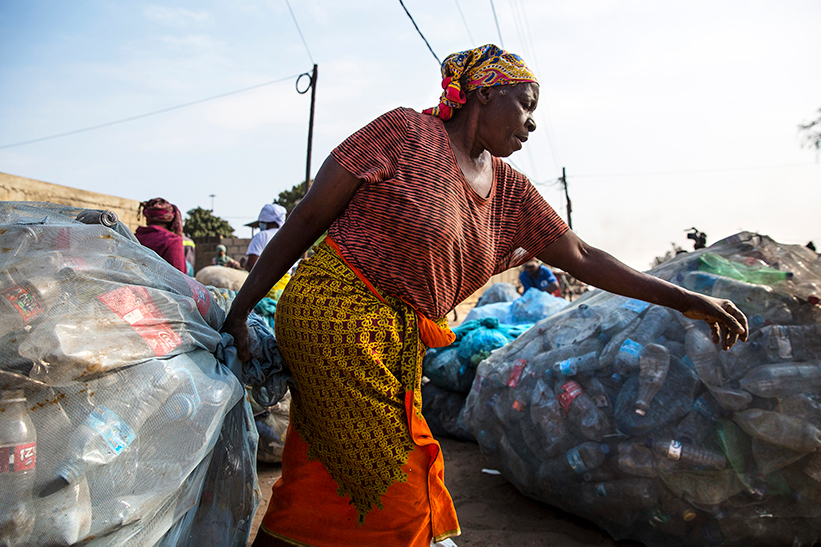
Her face sculpted by time says more about her life than about his age. The wrinkles are traces of a map showing the paths he traveled throughout his 39 years of age, which seem, in fact, many more. For exactly 20 years, Rita Cossa has been making the Hulene dump her workplace. “It’s my business,” she says jokingly.
She leaves the house, which is not far from the dump, at 6 AM to dig the large rock of waste in search of broken basins, old chairs, pieces of tables or PET bottles. It’s a kind of gold digging, at a time when plastic waste is short for the hundreds of hands that are dedicated to looking for it. They are men and women who, while looking for what saves them from hunger, also help to save the environment by reducing the pressure of plastic waste on the planet. “The money isn’t much, but at least it keeps my children from stealing,” Rita says.
The recycling circuit was promoted by small companies, such as Valor Plástico, which is right next to the dump and is dedicated to buying plastic waste to turn it into flakes and then sell it to industries that can take the process to the next step. According to the coordinator, Luís Stramotas, Valor Plástico wants to make recycling a mechanism to fight social inequality and allow the inclusion of the most vulnerable strata of society into the economy. Less than a year after it started, the factory already has 820 pickers registered. “Each one receives 100 meticais on average,” Stramotas says, a figure that is above the average daily meals cost for most Mozambican families. “This proves that recycling can be used as a means of social intervention.”
Large industries, such as Topack, perhaps the largest producer of plastic products in Mozambique, have also welcomed recycling. The company created a specific area to buy plastic waste directly from waste pickers, which is then separated and transformed into flakes, then into pellets, to which virgin plastic is added to produce new plastic products.
Topack was founded in 1995, a time when the debate about the environment and the harms of plastic waste was not yet so heated. But over time, they became part of a worldwide movement that wants to save the environment. “We take waste that would contribute in a very negative way to the environment, recycle and convert it into other plastic articles,” Jaime Lima, the company’s Director, explains. About 40% of the plastic used to produce products at Topack is recycled.
Text: Elton Pila
Photo: Ricardo Franco
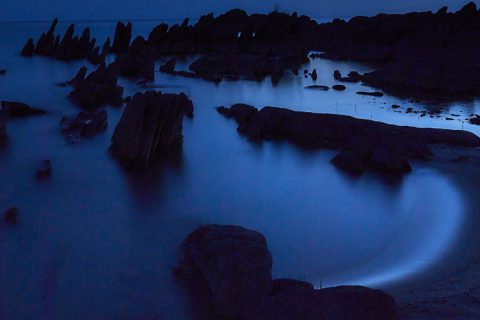
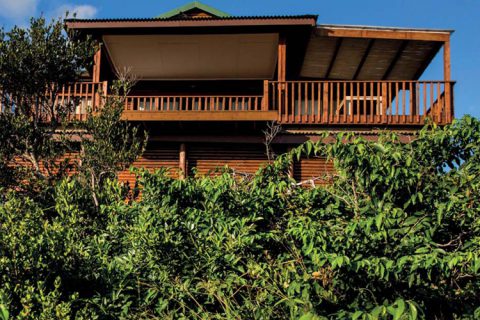

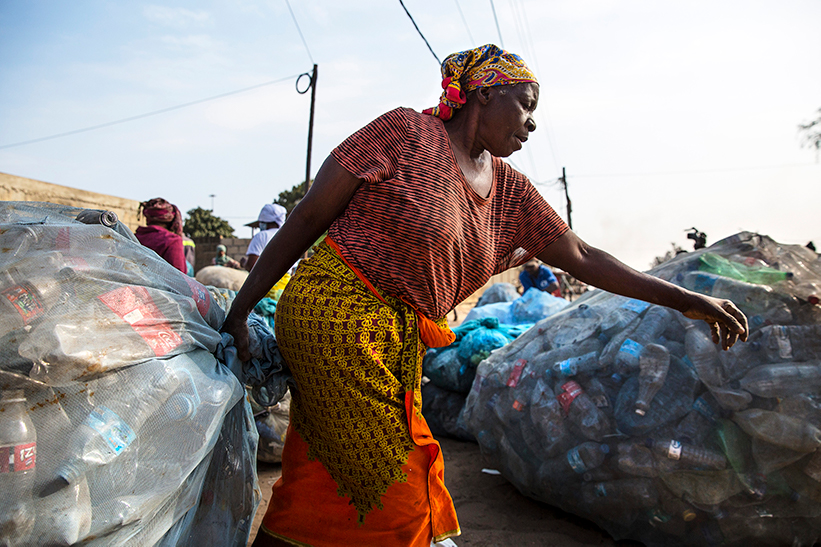
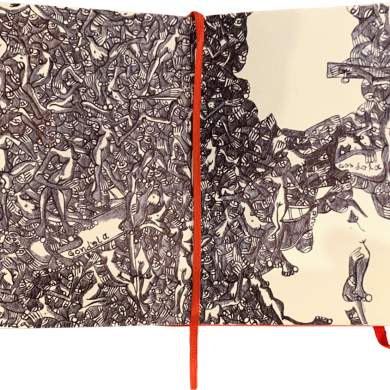
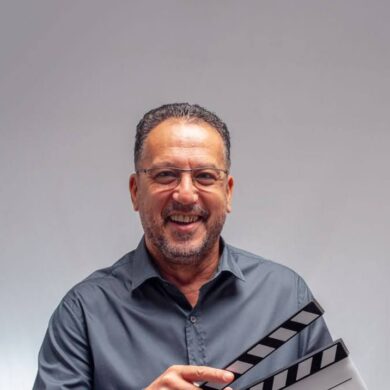
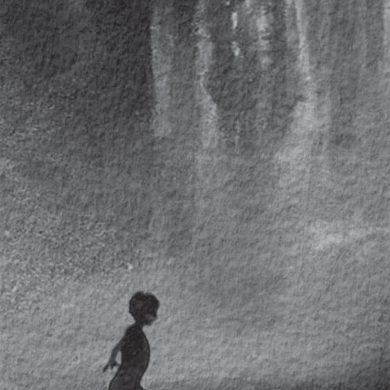
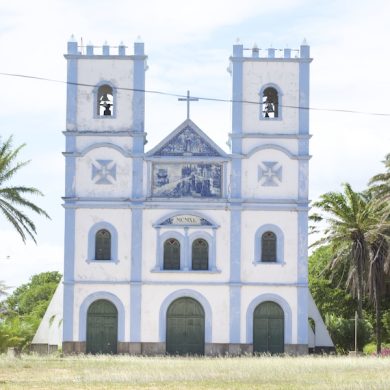
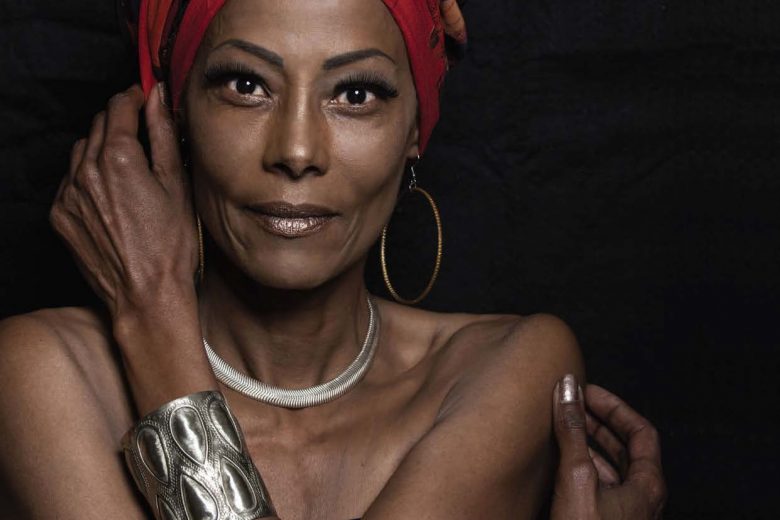
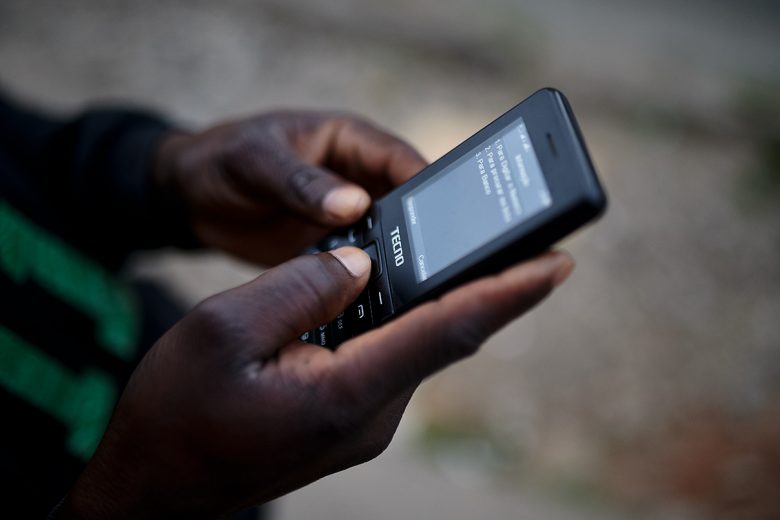



 Read more here
Read more here


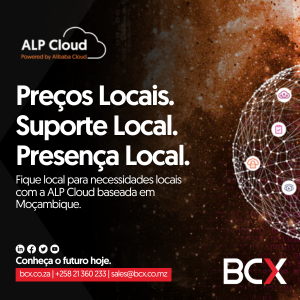
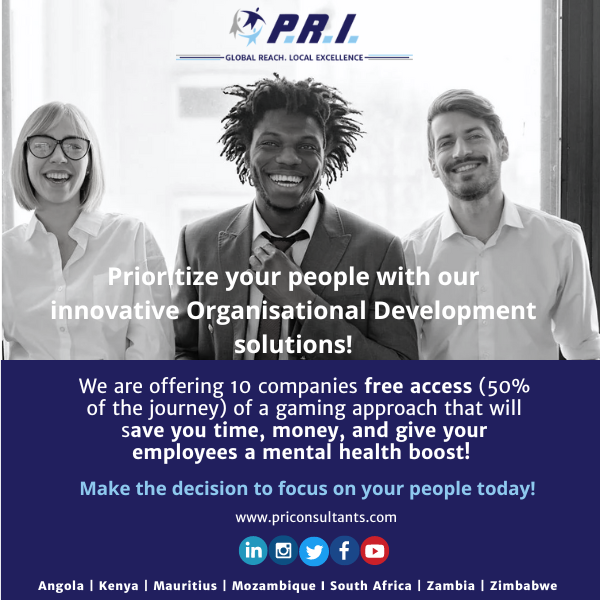
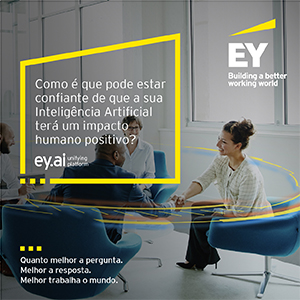


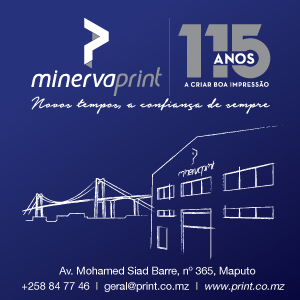





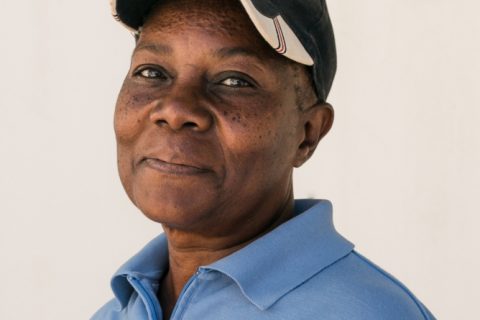
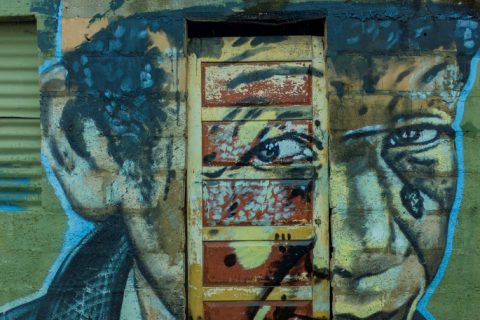
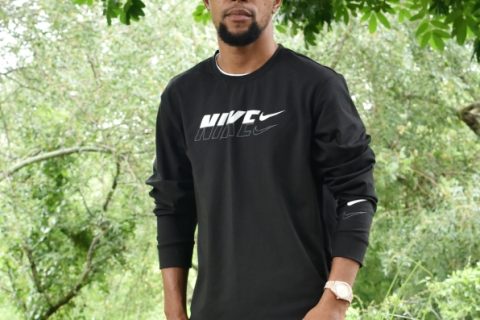
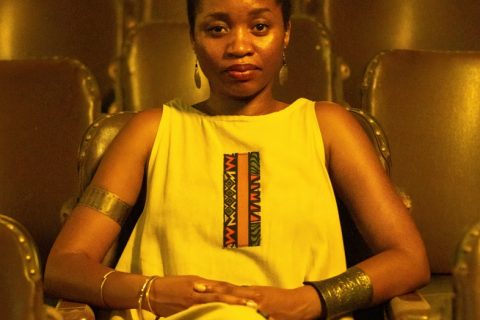
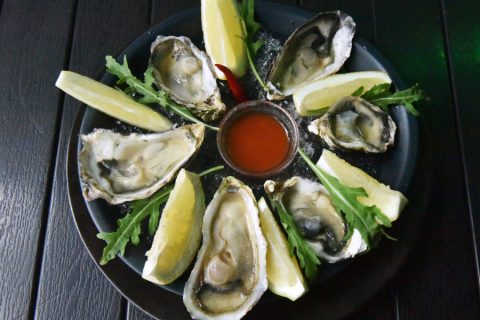
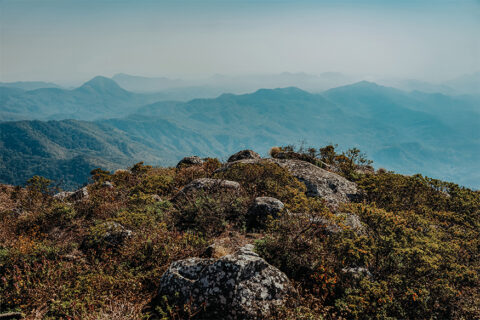
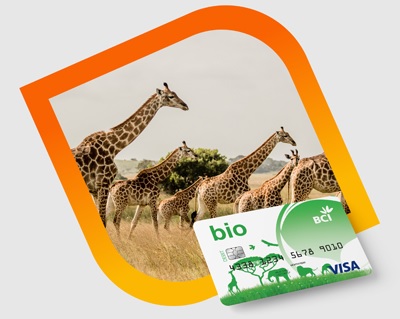

0 Comments